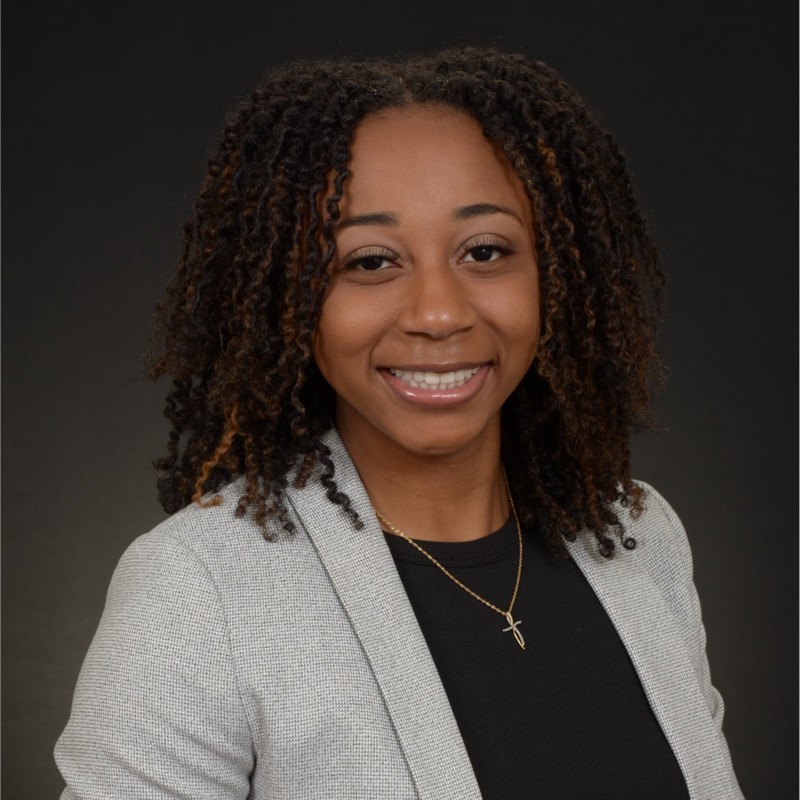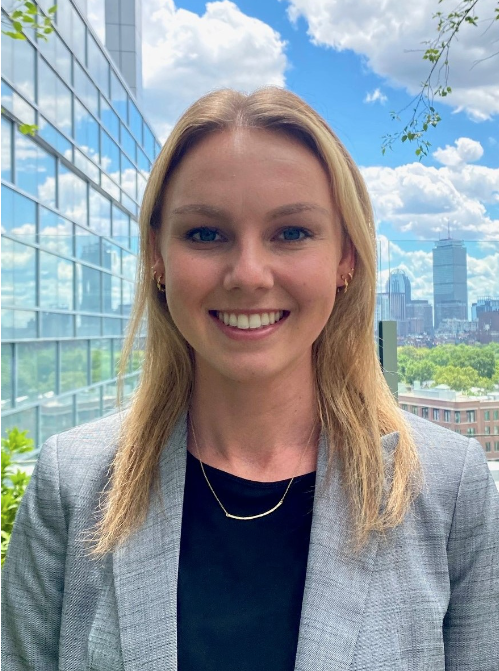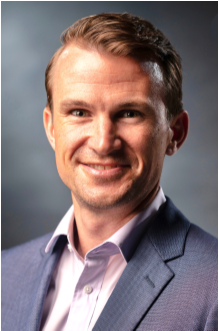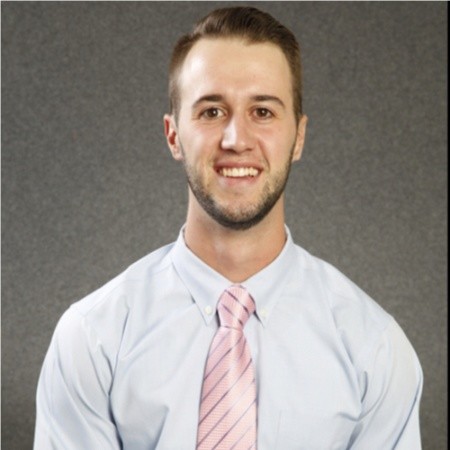Name: Meah Austin
Class Year: 2022
Title: Growth Manager
Organization Name: XOMAD
1. In one sentence, what does your job entail?
As a Growth Manager in the Strategic Partnerships division of XOMAD, I support building and sustaining our partners in the public and private sectors by promoting how our technology infrastructure and differentiated approach to influencer marketing can be a valuable resource to their communications strategies.
2. What planned and unplanned events connected you to your industry and your first employer after Holy Cross? How did you learn/decide it was a good fit for you?
It all really happened by chance! I was in the running for a Fullbright ETA in South Africa (a program that was unfortunately canceled). While I was anxiously waiting to hear back about the Fulbright, both a Holy Cross dean and alumni reached out to me about another alumni (Rob Perry, CEO) looking to recruit talent from his alma mater (Holy Cross). I had my first interview with Rob and other XOMAD members and immediately felt the synergy! They expressed a certain level of passion and zeal that I instantly connected with. I also realized that joining the XOMAD team presented a huge opportunity for professional growth and development — even though, at the time, I didn’t really see myself in the business world. In retrospect, I also chose XOMAD simply because I felt like I could be myself, which is super important when deciding on any job, but I think especially your first job!
3. What were you involved in when you were on campus?
While on campus, I was a member and captain of the Varsity Women’s Track & Field team, mentor of the Odyssey Program, e-board leader of the Black Student Union, co-founder and co-chair of WOCA (Women of Color Athletes), head mentor of the Academic Services Peer Mentor Program, and work-study student for the Audio-Visual Department. Academically, I was a student-researcher for the Psychology/Africana Studies Department and Weiss Summer Research Program. I also participated in various internships and ad-hoc committees.
4. What was your major and how did it affect your career decisions?
I double majored in Psychology and Africana Studies. While I am early in my career, I think (so far) these majors have sparked my interest to be in a workplace that is inherently team-orientated and driven to promote social good. For example, XOMAD is currently working to partner with organizations and NGOs to combat the Opioid epidemic through personalized messaging to the most vulnerable communities. This effort is company-wide — all hands on deck! As a Psychology and Africana Studies major, I have grown to recognize the importance of working together towards a common good, and I think my career choice to work at a company like XOMAD perfectly depicts such.
5. What are one or two skills that you developed at Holy Cross that you use in your work?
Yikes! Only sharing one or two skills is hard (there are so many I can think of). Off the top of my head, I’d say during my time at Holy Cross, I learned how to be self-sufficient and exemplify grit. At my job, there are often times when I need to develop and communicate strategic directions, plans, and insights with minimal direction. In all my involvement at Holy Cross, I was able to utilize resources (whether it be Writer’s Workshop, office hours, or student/alumni mentors) that eventually allowed me to develop autonomy and an ‘I can do this’ mentality. In my current job, I have the confidence to feel like I can complete any task, even if it might seem daunting. And that the next time a similar task is presented, I can take my learnings from the first time, produce even better results, and support other team members as well.
6. What advice do you have for students on campus today?
Advice I would give current students is to be open to where their liberal arts education and Holy Cross connections can/will take them! It’s very easy to expect or plan for certain things — but in reality, there’s beauty in the unknown. Do everything on your end (study hard, build relationships, be a part of a team/club, think critically and creatively) and let things fall into place… you’ll be right where you need to be.












